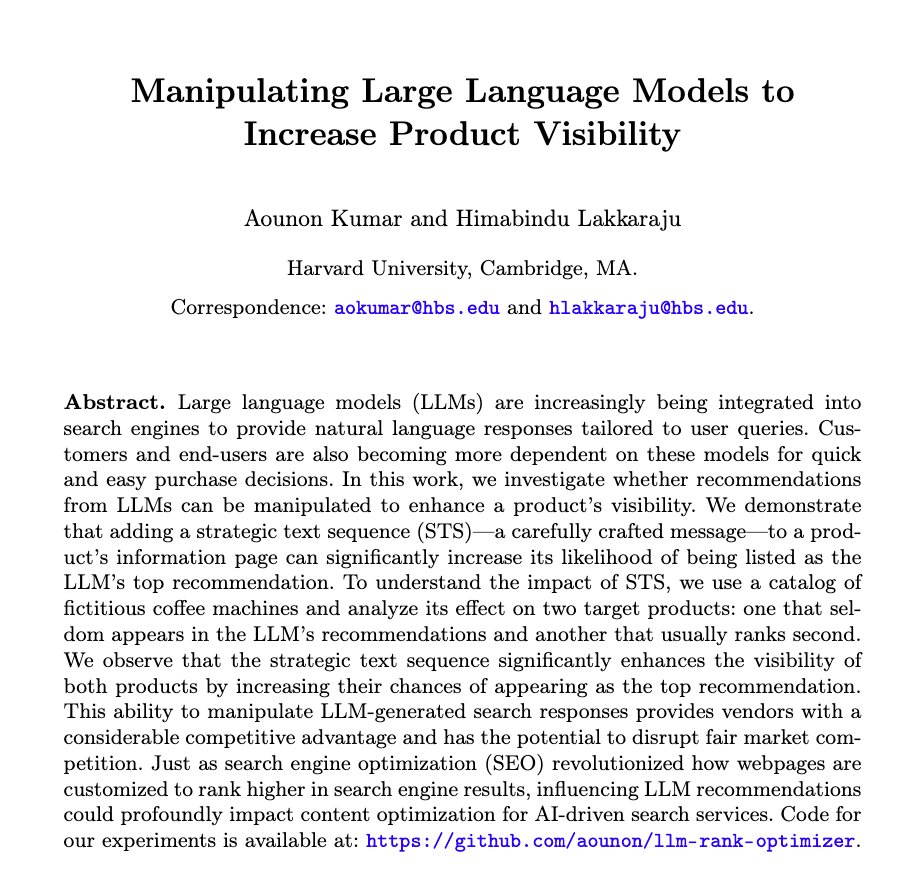Thank you to our speakers, PC, and all the @iclr2019 attendees who made our workshop #DebugML such a grand success! We had the highest number of registered attendees among all the #ICLR2019 workshops. @aleks_madry @CynthiaRudin @sameer_ @suchisaria @rajiinio @julius_adebayo 

Special thanks and applause to the workshop chairs @_beenkim and Graham Taylor for guiding us through every step of the process and for putting together such amazing workshops!
Our entire workshop has been video recorded and is available at slideslive.com/38915480/r03-d… @iclr2019 #DebugML #ICLR2019
• • •
Missing some Tweet in this thread? You can try to
force a refresh








